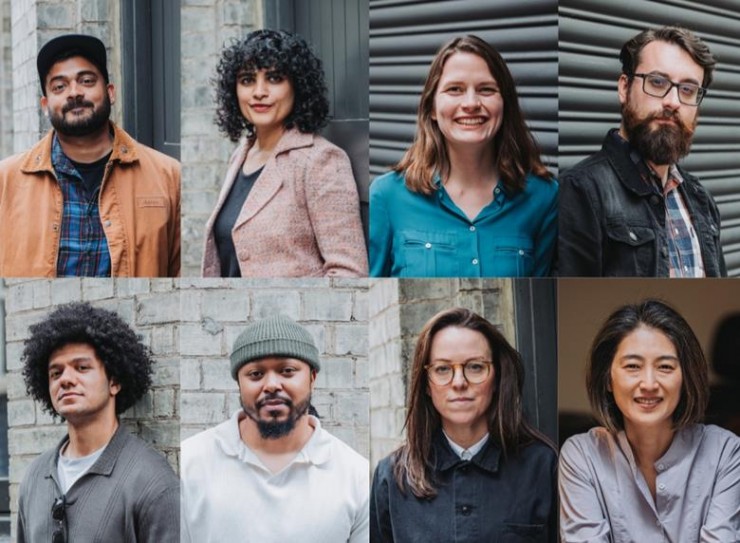ScreenSkills has ploughed more than £200,000 into training funds and bursaries for more than 350 people from underrepresented backgrounds to build skills in unscripted TV, children’s TV and film.
The charity has secured the first UK grant from the Adobe Film and TV fund, a pot of money set up by the software company to invest across the entertainment sector.
ScreenSkills is investing the £202,000 grant into:
- Film Skills Fund Inclusion and Diversity Conference: A one-day free event focused on promoting the benefits of diversity and inclusion in film and TV. The Film Skills Fund will also visit schools across England in partnership with Discover! Creative Careers
- First Break for Unscripted Television: Piloted by ScreenSkills’ Unscripted TV Skills Fund and modelled on a similar High-End TV Skills Fund initiative, this aims to demystify unscripted television and create career pathways, offering tools, knowledge, and taster experiences of working in unscripted television.
- Dream Big: A training programme delivered by the Children’s TV Skills Fund in partnership with ThinkBigger!, this will provide practical training in production, industry masterclasses and mentoring.
- Film Forward: A new pilot programme, based on the existing Film Skills Fund Film Forward programme, to support disabled film professionals with a five years or more experience to step up to a more senior role, via paid production placements, career coaching and bursaries.
- Adobe Foundation Bursaries: These are offered to women from minority ethnic groups.
- Podcasts: ScreenSkills and Adobe will produce a five-part series discussing the benefits and challenges to increasing diversity and inclusion in the industry.
ScreenSkills chief executive Laura Mansfield said the collaboration will “help encourage and support people from diverse backgrounds, cultures and communities to follow a career in the creative and screen industries”.
She added: “A diverse and inclusive workforce, made up of a rich and broad range of views and experiences, can helps us all to see the world from multiple perspectives and enables us to learn from, as well as respect and value the contribution of others, challenging our own and other peoples’ potential preconceptions.”


